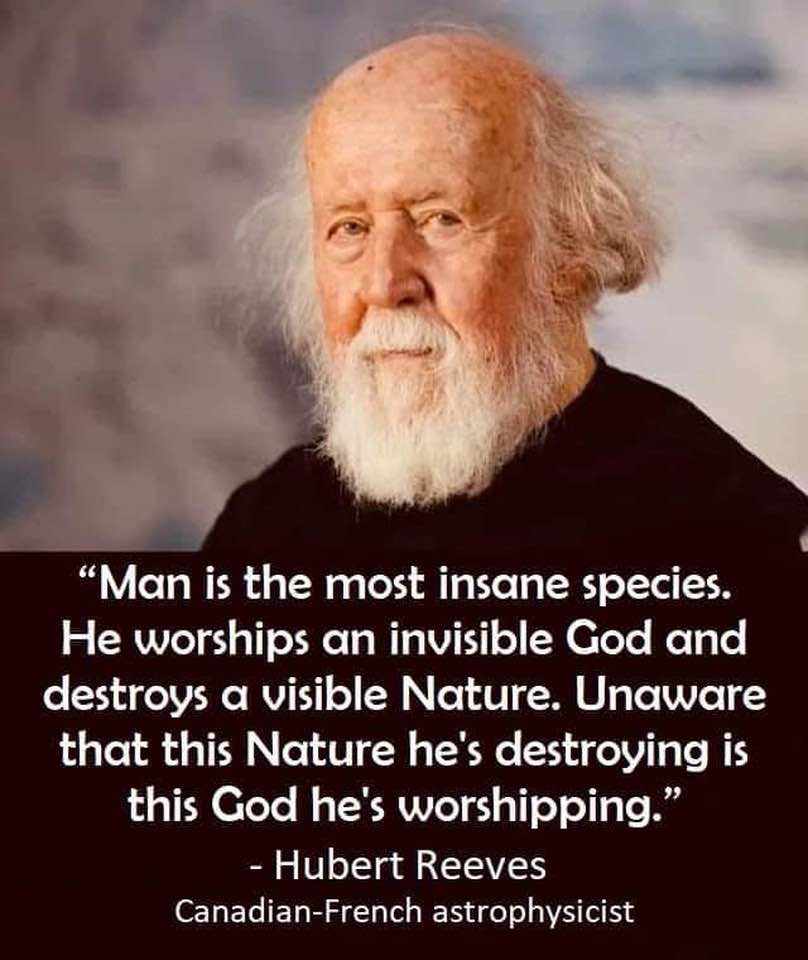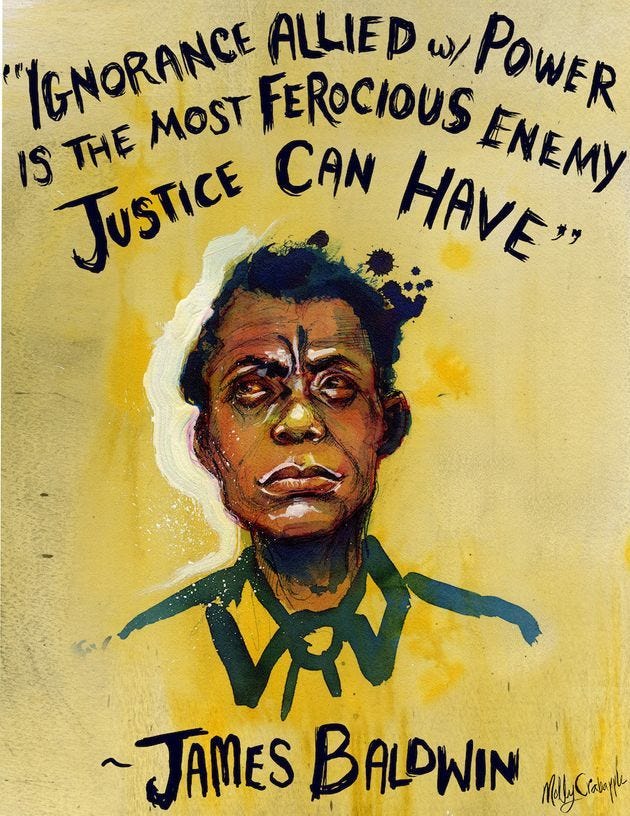Blog
When we meditate, our soul comes in contact with the vibrating principle of God, the current of Light and Sound.” – Sant Rajinder Singh
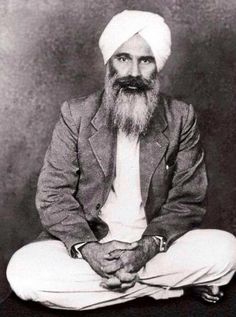
Charles Daniel Richmond (December 15, 1931 – March 16, 1988) was an American jazz drummer who is best known for his work with Charles Mingus. He also worked with Joe Cocker, Elton John and Mark-Almond.
Richmond was born Charles Daniel Richmond on December 15, 1931, in New York City and grew up in Greensboro, North Carolina. He started playing tenor saxophone at the age of thirteen, and went on to play R&B with the Paul Williams band in 1955.
His career took off when he took up the drums, which he had taught himself to play in his early twenties, through the formation of what was to be a 21-year association with Charles Mingus. Mingus biographer Brian Priestley writes that “Dannie became Mingus’s equivalent to Harry Carney in the Ellington band, an indispensable ingredient of ‘the Mingus sound’ and a close friend as well”.
That association continued after Mingus’ death when Richmond became the first musical director of the group Mingus Dynasty in 1980.
He died of a heart attack in Harlem on March 16, 1988, at the age of 56.
more...NGC 1569 is a dwarf irregular galaxy in Camelopardalis. The galaxy is relatively nearby and consequently, the Hubble Space Telescope can easily resolve the stars within the galaxy. The distance to the galaxy was previously believed to be only 2.4 Mpc (7.8 Mly). However, in 2008 scientists studying images from Hubble calculated the galaxy’s distance at nearly 11 million light-years away, about 4 million light-years farther than previously thought, meaning it is a member of the IC 342 group of galaxies.
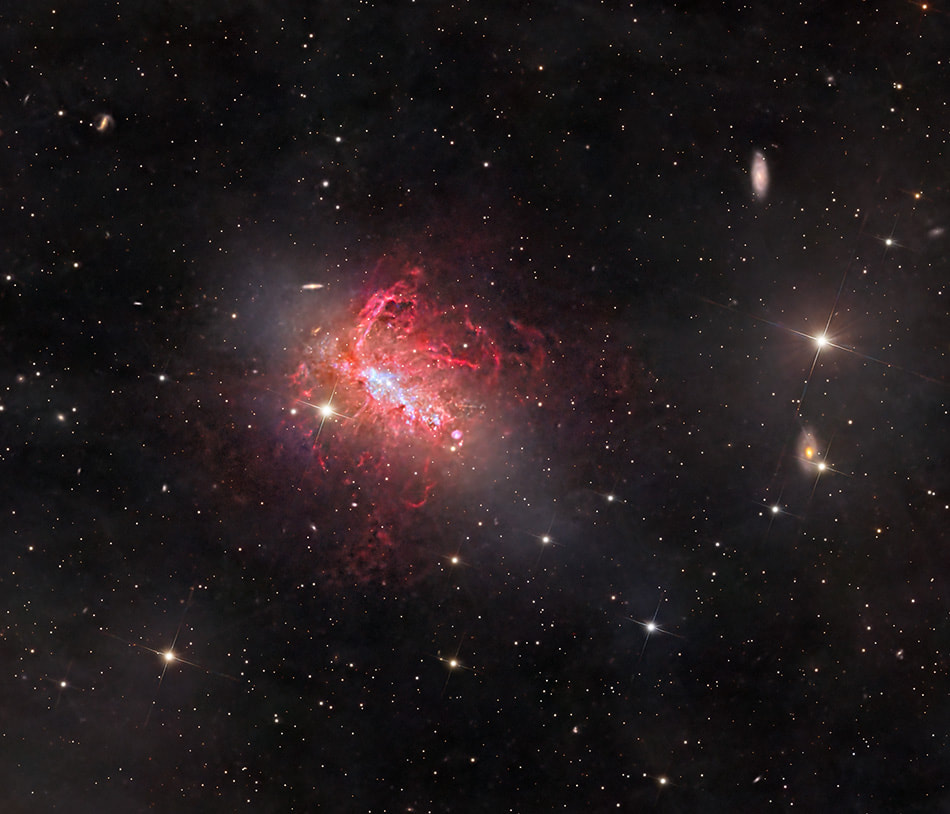
more...
Carmine Appice (born December 15, 1946 NY,NY) is an American rock drummer. He is best known for his associations with Vanilla Fudge; Cactus; the power trio Beck, Bogert & Appice; Rod Stewart; King Kobra; and Blue Murder. He is also Vinny Appice‘s older brother. Appice was inducted into the Classic Drummer Hall of Fame in 2014 and the Modern Drummer Hall of Fame in 2014. He is also a more than capable (fretless-) bass player, as can be heard on the “Guitar Zeus” albums, for example.
His best-selling drum instruction book The Realistic Rock Drum Method. was first published in 1972 and has since been revised and republished as The Ultimate Realistic Rock Drum Method. It covers the basic subjects of rock rhythms and polyrhythms, linear rudiments and groupings, shuffle rhythms, hi-hat and double bass drum exercises. Appice has claimed that he influenced John Bonham‘s use of bass drum triplets.
more...Eddie Palmieri (born December 15, 1936) is an American Grammy Award-winning pianist, bandleader, musician, and composer of Corsican and Puerto Rican ancestry. He is the founder of the bands La Perfecta, La Perfecta II, and Harlem River Drive.
In 1961, Palmieri founded the band Conjunto La Perfecta, which featured singer Ismael Quintana. Apart from the big bands, at the beginning of the decade the Pachanga was the Latin dance craze. Essential to the Charanga style is the five key wooden flute and at least two violins. Palmieri decided to replace the violins with two trombones for a heavier sound.
Two key elements to the ‘Palmieri’ sound were trombonist Barry Rogers as well as guitarist Bob Bianco with whom Palmieri studied the advanced harmonic concepts of Russian music theoretician Joseph Schillinger. Rogers would also expose Palmieri to the work of then John Coltrane pianist McCoy Tyner whose use of chord voicings in fourths became a signature of Palmieri’s sound. Rogers alongside Brazilian-born José Rodrígues were also responsible for many of the ‘head’ arrangements, mambos and moñas that the band employed in live performances and eventually recorded. George Castro (flute), Manny Oquendo (bongó and timbales), Tommy López (conga) and Dave Pérez (bass) rounded out the group. To this day, the group is known as one of the swingingest, most danceable, innovative and influential groups of that period.[4]
Palmieri experimented by employing a jazz aesthetic both in live performance and on his recordings based on the Cuban “descarga” (jam session) concept. He “opened up” the arrangements by featuring his band members as soloists. In addition he began incorporating a newly developed post Castro Cuban rhythm known as mozambique. Lo Que Traigo Es Sabroso (What I Bring is Tasty) and Mozambique are just two examples of his use of this rhythm. Discontent among several members and seeking a bigger and punchier sound, Palmieri disbanded the band in 1968 reforming it with legendary Cuban trumpeter Alfredo “Chocolate” Armenteros, timbalero Nicky Marrero, conguero Eladio Perez, bongocero Tomas ‘Choki” Lopez, and bassist Andy Gonzalez.
more...Golden “Big” Wheeler (December 15, 1929 – July 20, 1998) was an American Chicago blues and electric blues singer, harmonicist and songwriter. He released two albums in his lifetime and is best known for his recordings of the songs “Damn Good Mojo” and “Bone Orchard”. He worked with the Ice Cream Men and Jimmy Johnson. He was the brother of the blues musician James Wheeler.
He was born Golden Wheeler in Baconton, Georgia. He left Georgia in 1941 and settled in Chicago, Illinois, in July 1954, where he befriended Little Walter. His enthusiasm for playing the harmonica began when he was working as a taxicab driver. One of his regular customers was the harmonica player Buster Brown, who later had a hit record with “Fannie Mae“, in 1960. Wheeler fronted his own band by 1956, although he was a part-time musician, working for years as an auto mechanic to supplement his income and provide for his family.
more...Curtis DuBois Fuller (December 15, 1932 – May 8, 2021 Detroit, MI) was an American jazz trombonist. He was a member of Art Blakey‘s Jazz Messengers and contributed to many classic jazz recordings.
Fuller joined the U.S. Army in 1953 to fight in the Korean War. He served until 1955, and played in an army band with Chambers and brothers Cannonball and Nat Adderley. Upon his return from military service, Fuller joined the quintet of Yusef Lateef, another Detroit musician. The quintet moved to New York in 1957, and Fuller recorded his first sessions as a leader with Prestige Records.
Alfred Lion of Blue Note Records first heard Fuller playing with Miles Davis in the late 1950s. Fuller led four dates for Blue Note, though one of these, an album with Slide Hampton, was not issued for many years. Lion featured Fuller as a sideman on record dates led by Sonny Clark (Dial “S” for Sonny, Sonny’s Crib) and John Coltrane (Blue Train). Other sideman appearances over the next decade included album work under the leadership of Bud Powell, Jimmy Smith, Wayne Shorter, Lee Morgan and Joe Henderson (a former roommate at Wayne State University in 1956).
Fuller was the first trombonist to be part of the Art Farmer–Benny Golson Jazztet. In 1961, he became the sixth member of Art Blakey‘s Jazz Messengers and stayed with Blakey until 1965. In the early 1960s, Fuller recorded two albums as a leader for Impulse! Records, having also recorded for Savoy Records, United Artists, and Epic after his obligations to Blue Note had ended. In the late 1960s, he was part of Dizzy Gillespie‘s band that also featured Foster Elliott. Fuller went on tour with Count Basie and also reunited with Blakey and Golson.
more...Barry Doyle Harris (December 15, 1929 – December 8, 2021 Detroit, MI) was an American jazz pianist, bandleader, composer, arranger, and educator. He was an exponent of the bebop style.Influenced by Thelonious Monk and Bud Powell, Harris in turn influenced and mentored bebop musicians including Donald Byrd, Paul Chambers, Curtis Fuller, Joe Henderson, Charles McPherson, and Michael Weiss.
Harris performed with Cannonball Adderley‘s quintet and on television with them. After moving to New York City, he worked as an educator and performed with Dexter Gordon, Illinois Jacquet, Yusef Lateef and Hank Mobley. Harris was a sideman on Lee Morgan’s famous album The Sidewinder and returned to recording as leader following his move to New York.
more...This deep-sky image showcases NGC 7727, a stunning interacting galaxy located approximately 89 million light-years away in the constellation Aquarius. Captured from the pristine skies of Obstech Observatory, Chile, this image reveals the intricate tidal streams and fine details of this galactic merger.
Using a PlaneWave CDK 17 telescope, I aimed to highlight the complex structure of NGC 7727, including its disrupted spiral arms and faint outer halo. The extended exposure time allowed for the capture of subtle details, emphasizing the gravitational dance of the two merging galaxies and the stars being drawn out into the surrounding space. This deep capture not only illustrates the beauty of cosmic interactions but also serves as a reminder of the dynamic and ever-changing universe.
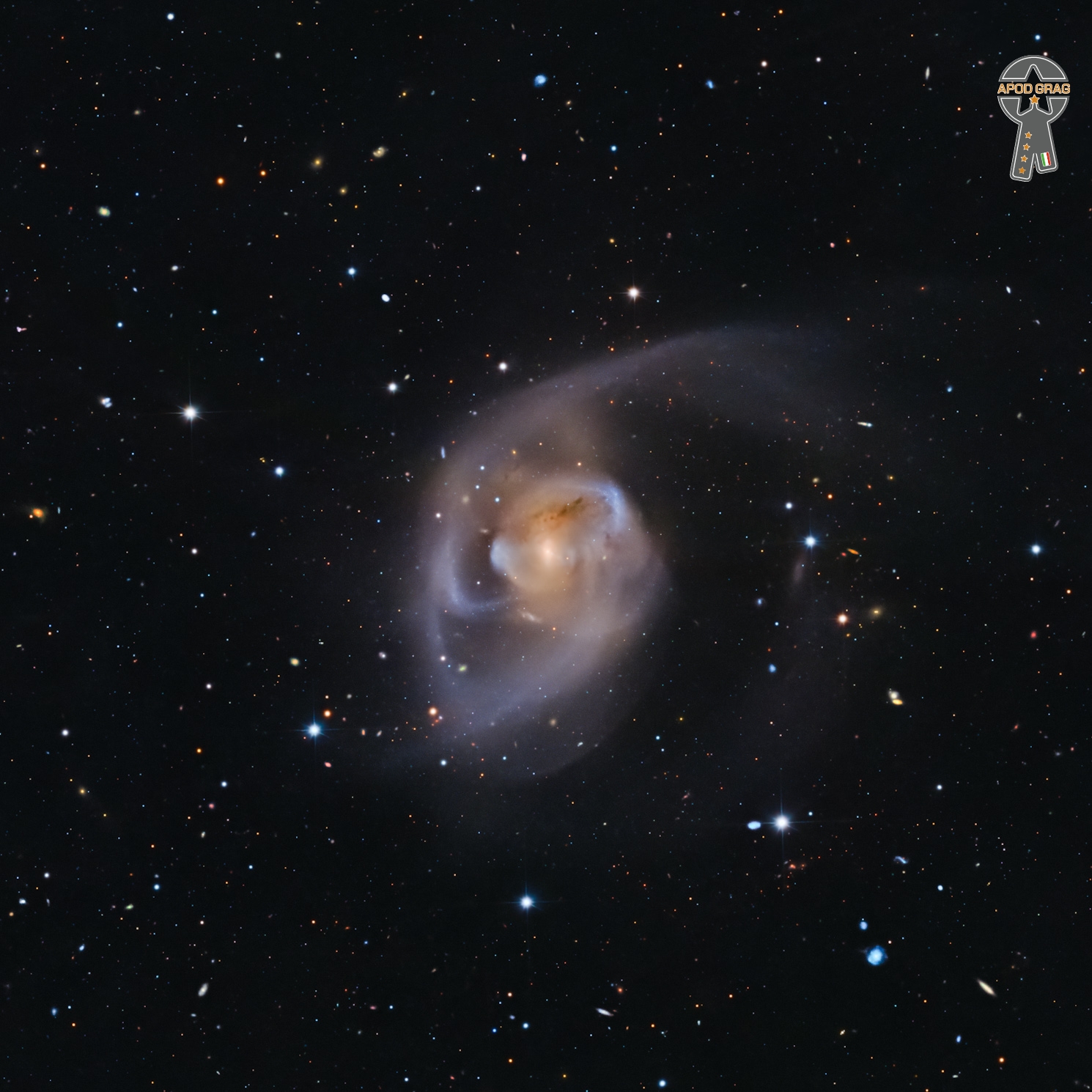
Christopher William Parkening (born December 14, 1947 LA, CA) is an American classical guitarist. He holds the Chair of Classical Guitar at Pepperdine University under the title Distinguished Professor of Music. Parkening has recorded over 20 albums for Angel and EMI Classics. He has been nominated twice for a Grammy Award. Notable recordings include Parkening Plays Vivaldi featuring a selection of Baroque concertos, Pleasures of Their Company with soprano Kathleen Battle, produced by Patti Laursen and nominated for the 1986 Classical Record of the Year Grammy Award as well as the world premiere recording of Peter Warlock‘s Capriol Suite with the Academy of St. Martin in the Fields.
more...Phineas Newborn Jr. (December 14, 1931 – May 26, 1989 Whiteville, TN) was an American jazzpianist, whose principal influences were Art Tatum, Oscar Peterson, and Bud Powell. Before moving on to work with Lionel Hampton, Charles Mingus, and others, Newborn first played in an R&B band led by his father on drums, with his brother Calvin on guitar, Tuff Green on bass, Ben Branch and future Hi Records star Willie Mitchell. The group was the house band at the now famous Plantation Inn Club in West Memphis, Arkansas, from 1947 to 1951, and recorded as B. B. King‘s band on his first recordings in 1949, as well as the Sun Records sessions in 1950. They left West Memphis in 1951 to tour with Jackie Brenston as the “Delta Cats” in support of the record “Rocket 88“, recorded by Sam Phillips and considered by many to be the first ever rock & roll record (it was the first Billboard No. 1 record for Chess Records). Before moving on to work with Lionel Hampton, Charles Mingus, and others, Newborn first played in an R&B band led by his father on drums, with his brother Calvin on guitar, Tuff Green on bass, Ben Branch and future Hi Records star Willie Mitchell. The group was the house band at the now famous Plantation Inn Club in West Memphis, Arkansas, from 1947 to 1951, and recorded as B. B. King‘s band on his first recordings in 1949, as well as the Sun Records sessions in 1950. They left West Memphis in 1951 to tour with Jackie Brenston as the “Delta Cats” in support of the record “Rocket 88“, recorded by Sam Phillips and considered by many to be the first ever rock & roll record (it was the first Billboard No. 1 record for Chess Records).
more...
Cecil Payne (December 14, 1922 – November 27, 2007) was an American jazzbaritone saxophonist born in Brooklyn, New York. Payne also played the alto saxophone and flute. He played with other prominent jazz musicians, in particular Dizzy Gillespieand Randy Weston, in addition to his solo work as bandleader. Payne began his professional recording career with J. J. Johnson on the Savoy label in 1946. During that year he also began playing with Roy Eldridge, through whom he met Dizzy Gillespie. His earlier recordings would largely fall under the swing category, until Gillespie hired him. Payne stayed on board until 1949, heard performing solos on “Ow!” and “Stay On It”. In the early 1950s, he found himself working with Tadd Dameron, and worked with Illinois Jacquet from 1952 to 1954. He then started freelance work in New York City and frequently performed during this period with Randy Weston, whom Payne worked with until 1960. Payne was still recording regularly for Delmark Records in the 1990s, when he was in his 70s, and indeed on into the new millennium.
more...Clark Virgil Terry Jr. (December 14, 1920 – February 21, 2015 St Louis, MO) was an American swing and bebop trumpeter, a pioneer of the flugelhorn in jazz, and a composer and educator.
He played with Charlie Barnet (1947), Count Basie (1948–51), Duke Ellington (1951–59), Quincy Jones (1960), and Oscar Peterson (1964–96). He was with The Tonight Show Band on The Tonight Show from 1962 to 1972. His career in jazz spanned more than 70 years, during which he became one of the most recorded jazz musicians, appearing on over 900 recordings. Terry also mentored Quincy Jones, Miles Davis, Herbie Hancock, Wynton Marsalis, Pat Metheny, Dianne Reeves, and Terri Lyne Carrington.
more...More Posts
- Bob Dylan
- Archie Shepp
- Flamenco Fridays Camarón
- Daily Roots King Tubby & Prince Jammy
- Cosmos NGC 3166
- Famoudou Don Moye
- Vicky Moscholiou
- Marvin Stamm
- Rosemary Clooney
- World Music Cem Yıldız – ft. Zeynep Yıldız
- Daily Roots Phillip Smart
- Anthony Hopkins Wisdom
- Rhythm Roots Workshop Residency Ecumen Lakeview Commons Assisted Living and Memory Care in Maplewood
- Cosmos M51
- Richard Wagner
- Ian Underwood
- Barry Rogers
- Sun Ra
- World Drumming Babatunde Olatunji
- Daily Roots King Tubby

